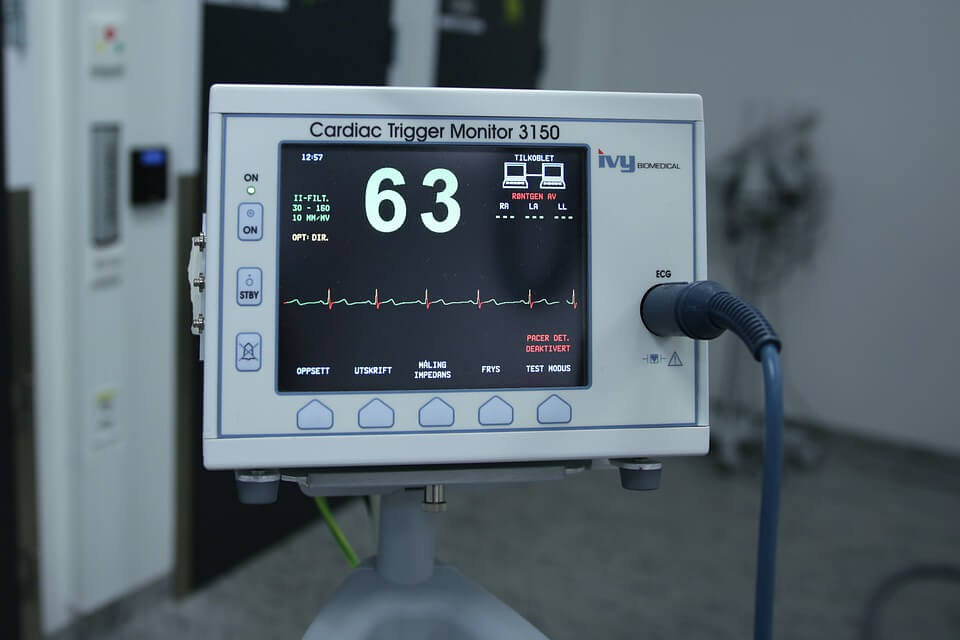VITAMIN C SUPPLEMENTATION IMPROVES ATTENTION, MOTIVATION — Study
The supplementation of vitamin C has been found to improve attention, work motivation and reaction time in young adults, according to a study conducted in South Korea, Nigerian Tribune reports.
Published in the European Journal of Nutrition, the study was conducted by researchers from Seoul National University, Chungnam National University, and Kwang Dong Pharmaceutical – which supplied the study material.
Fifty adults aged 20 to 39 who did not use vitamin C supplements and had a blood serum vitamin C concentration below 50 μmol/L were recruited into the study. They were randomised to drink a beverage containing 500mg of vitamin C twice a day or a placebo beverage.
Fasting blood samples were collected to measure changes in blood serum vitamin C levels. A questionnaire was used to measure fatigue and attention, while a Stroop colour-word test was also used to measure cognitive functions, such as attention and information processing speed.
Vitamin C supplementation had led to an increase in blood serum level of vitamin C, as well as better attention. In the intervention group, vitamin C supplementation sharply increased the mean value of serum vitamin C concentration by 106 per cent.
Moreover, all participants in the intervention group had vitamin C levels greater than 50 μmol/L, which means that they achieved the optimal vitamin C status. No increase in blood serum vitamin C was seen in the placebo group.
The increase in blood serum vitamin C levels corresponded to an improvement in attention and work motivation.
In the intervention group, attention scores had significantly increased. Aside from significant improvements from baseline, the intervention group’s attention score was also significantly better than the placebo’s by the end of the trial.
Work absorption, or work motivation, also improved significantly in the intervention group by the end of the trial.
The researchers stated: “Most interestingly, the vitamin C group showed a large increase in work absorption, which suggests an increase in motivation for job activities, whereas little change was found in the placebo group. Furthermore, vitamin C supplementation enhanced attention focus more than in the placebo group, which might have contributed to promoting feelings of being concentrated and engrossed in work.”
Vitamin C supplementation also led to a faster reaction time when performing cognitive tasks. Using the Stroop test, it was found that the intervention group spent less time finding the correct ink colour than the placebo group.
However, the number of correct responses did not significantly differ between the two groups. Also, vitamin C supplementation did not lead to a significant impact on stress, depression, or anxiety reduction.
The researchers explained that vitamin C has modulating effects on neurotransmitters and hormones in the brain, and hence, the improvements seen in the intervention group.

